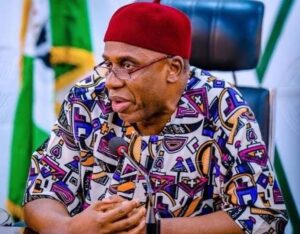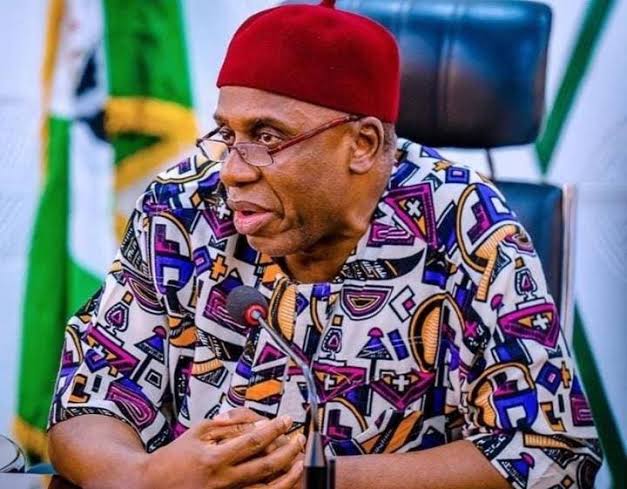The Nigerian government led by President Bola Tinubu is embroiled in a high-stakes legal battle with a private company, Donnington Nigeria Ltd, and its foreign partners. The dispute centers around the ACD/CTN (Cargo and Crude Oil Tracking and Notification) scheme, a multibillion-dollar contract that has been the subject of controversy and allegations of mismanagement.

According to reports, Donnington Nigeria Ltd, along with Donnington International AG, Vortexra UK, and DP World UAE, has notified the Nigerian government of its intention to initiate international arbitration proceedings over the handling of the ACD/CTN contract.
The company’s London-based solicitor, Gary Summers, has written to the Attorney-General of Nigeria, Chief Lateef Fagbemi (SAN), criticizing the government’s decision to appoint a new consultant for the scheme. Summers claims that this move disregards ongoing legal proceedings and raises serious concerns about transparency and due process.
Donnington had previously been involved in a legal dispute with the Federal Government over the same scheme, alleging that officials from the previous administration had diverted the contract to themselves, despite an executive order endorsing Donnington after a thorough procurement process.
The company argues that this decision has cost Nigeria billions of naira annually, as the scheme has remained unimplemented due to legal battles. Donnington is now seeking to overturn the re-award of the ACD/CTN scheme to P-LYNE Nigeria Ltd, a company linked to the Sahara Energy Group, citing concerns about conflicts of interest.
Donnington contends that its original contract, which was approved under a no-cost, revenue-sharing agreement, was more beneficial to Nigeria compared to the $21 million mobilization fee now awarded to P-LYNE. The firm also argues that awarding the contract to an entity involved in crude oil trading compromises the integrity of the tracking scheme and risks overlooking discrepancies in crude oil transactions.
In addition to the legal action, Donnington has enlisted a team of international investigators, led by former London Metropolitan Police Assistant Commissioner Tarique Ghaffur, to scrutinize the government’s handling of the contract. The company has also hired a forensic accountant to assess the financial losses incurred after its contract was terminated.
Donnington has warned the Nigerian government that unless swift action is taken to restore its role in the scheme, the country faces not only substantial financial losses but also reputational damage in international markets. The company’s arbitration proceedings are being prepared under the ICSID Convention, citing violations of bilateral investment treaties.
This dispute comes on the heels of a recent international embarrassment for Nigeria, where the country’s properties abroad, including presidential jets and real estate in Liverpool, United Kingdom, were seized by a Chinese firm enforcing a court judgment.
The Donnington case could further damage Nigeria’s international reputation, especially as the country seeks to attract much-needed foreign investments while struggling with allegations of contract breaches, lack of transparency, and disregard for due process.
Without intervention from the Attorney-General of Nigeria and Minister of Justice, Lateef Fagbemi, the dispute could hinder the government’s efforts to restore confidence in Nigeria’s business environment and secure foreign investment.




